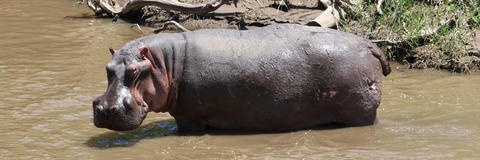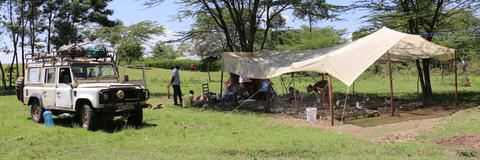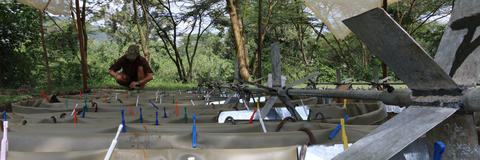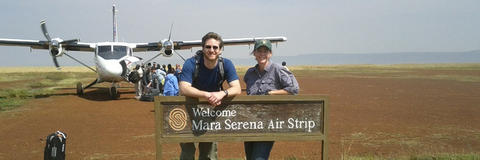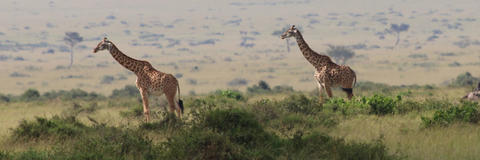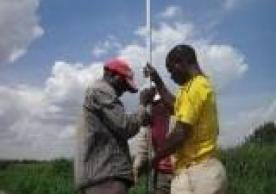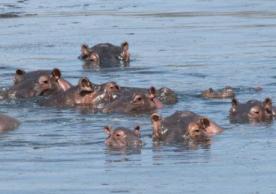The Mara River is the life blood of the greater Serengeti Ecosystem. It is the only perennial source of water in the region, and during the dry season, it sustains the largest overland migration in the world of over one and a half million wildebeest, antelope, and zebra. However, it also forms a formidable barrier for the wildebeest to cross between grazing areas, which can result in spectacular crossing events and occasionally mass drowning events that deposit hundreds to thousands of carcasses into the Mara in a single day. The Mara also provides a home for over 4,000 hippos, who leave the river at night to feed in the surrounding savanna grasslands, and return to the river during the day to bask, contributing over eight tons of feces into the river every day. We are studying how these different forms of animal inputs into the Mara shape river ecosystem processes and food web dynamics.
